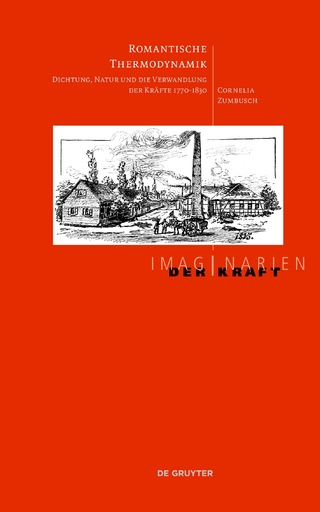
Forensic Shakespeare
Oxford University Press (Verlag)
978-0-19-881643-0 (ISBN)
Forensic Shakespeare illustrates Shakespeare's creative processes by revealing the intellectual materials out of which some of his most famous works were composed. Focusing on the narrative poem Lucrece, on four of his late Elizabethan plays (Romeo and Juliet, The Merchant of Venice, Julius Caesar and Hamlet) and on three early Jacobean dramas, (Othello, Measure for Measure and All's Well That Ends Well), Quentin Skinner argues that major speeches, and sometimes sequences of scenes, are crafted according to a set of rhetorical precepts about how to develop a persuasive judicial case, either in accusation or defence. Some of these works have traditionally been grouped together as 'problem plays', but here Skinner offers a different explanation for their frequent similarities of tone. There have been many studies of Shakespeare's rhetoric, but they have generally concentrated on his wordplay and use of figures and tropes. By contrast, this study concentrates on Shakespeare's use of judicial rhetoric as a method of argument. By approaching the plays from this perspective, Skinner is able to account for some distinctive features of Shakespeare's vocabulary, and also help to explain why certain scenes follow a recurrent pattern and arrangement. More broadly, he is able to illustrate the extent of Shakespeare's engagement with an entire tradition of classical and Renaissance humanist thought.
Quentin Skinner is the Barber Beaumont Professor of the Humanities at Queen Mary, University of London. He is Fellow of the British Academy and the Academia Europaea, and a foreign member of the American Academy of Arts and Sciences, the Accademia Nazionale dei Lincei and other learned societies. His scholarship, which is available in more than twenty languages, has won him many awards, including the Wolfson Prize for History in 1979, a Balzan Prize in 2006 and the Bielfelder Wissenschaftspreis in 2008. He has also been the recipient of numerous honorary degrees. His two-volume study, The Foundations of Modern Political Thought (1978), was listed by The Times Literary Supplement in 1996 as one of the hundred most influential books of the previous fifty years. HIs other books include Reason and Rhetoric in the Philosophy of Hobbes (1996), Liberty Before Liberalism (1998), Hobbes and Republican Liberty (2008), and a 3-volume collection of essays, Visions of Politics (2002).
Introduction 1: Classical Rhetoric in Shakespeare's England 2: Shakespeare's Forensic Plays 3: The Open Beginning 4: The Insinuative Beginning 5: The Failed Beginning 6: The Judicial Narrative 7: Confirmation: Juridical and Legal Issues 8: Confirmation: The Conjectural Issue 9: Refutation and Non-Artificial Proofs 10: The Peroration and Appeal to Commonplaces Appendix: The Date of All's Well That Ends Well Bibliography Index
| Erscheinungsdatum | 17.04.2018 |
|---|---|
| Reihe/Serie | Clarendon Lectures in English |
| Verlagsort | Oxford |
| Sprache | englisch |
| Maße | 154 x 233 mm |
| Gewicht | 532 g |
| Themenwelt | Geisteswissenschaften ► Sprach- / Literaturwissenschaft ► Anglistik / Amerikanistik |
| Geisteswissenschaften ► Sprach- / Literaturwissenschaft ► Literaturgeschichte | |
| Geisteswissenschaften ► Sprach- / Literaturwissenschaft ► Literaturwissenschaft | |
| ISBN-10 | 0-19-881643-X / 019881643X |
| ISBN-13 | 978-0-19-881643-0 / 9780198816430 |
| Zustand | Neuware |
| Haben Sie eine Frage zum Produkt? |
aus dem Bereich


